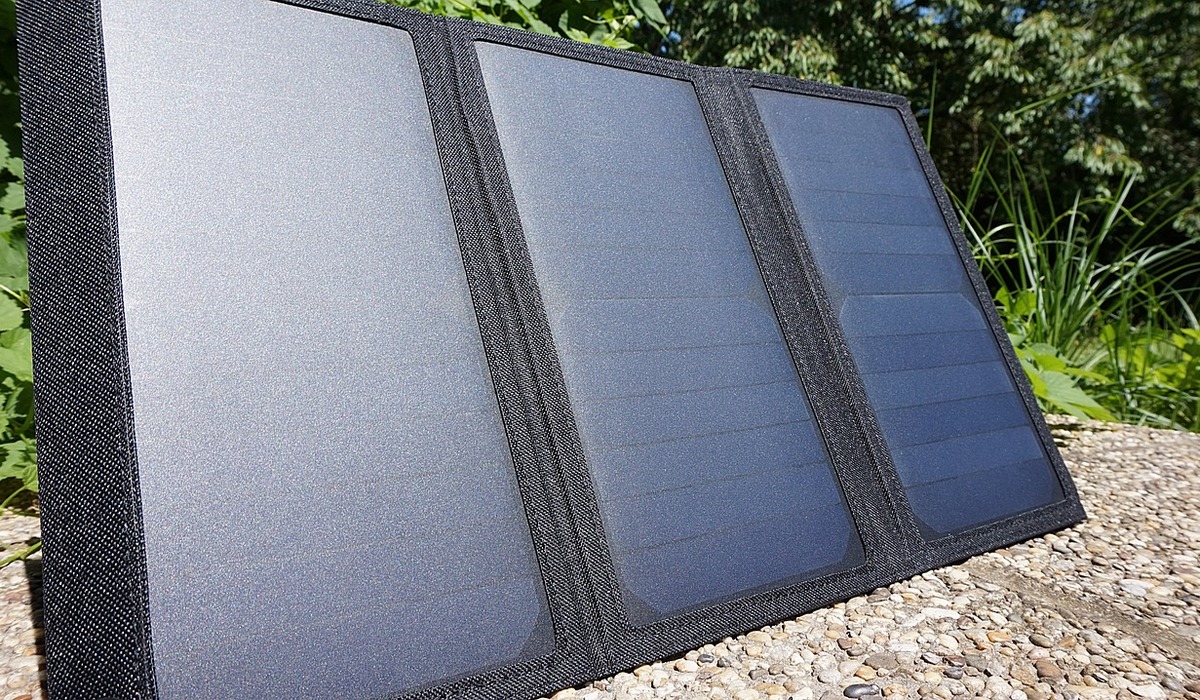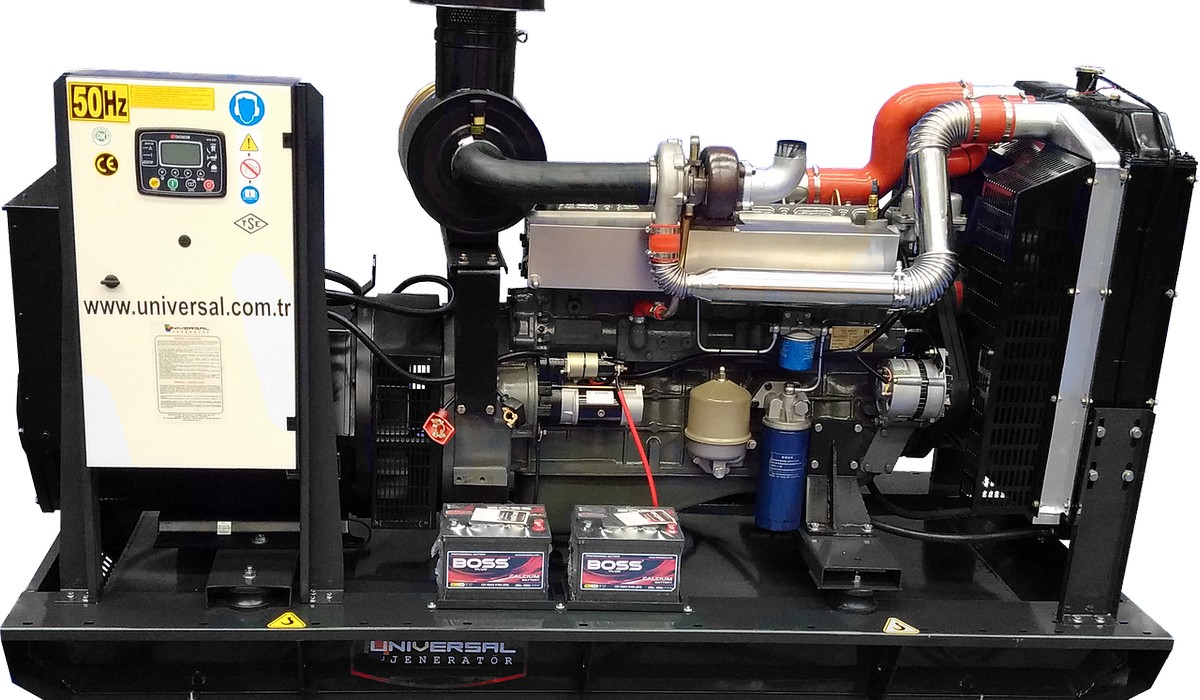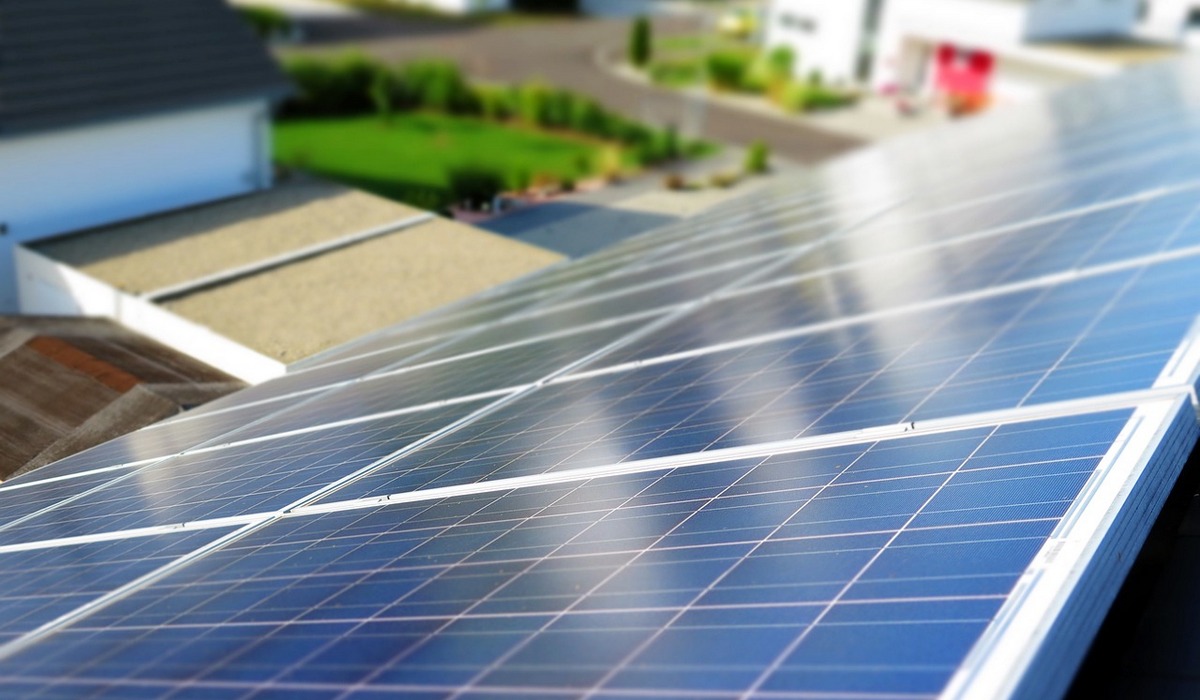
How do solar generators compare to conventional fuel-fired generators?
 Nat Rau
Nat Rau- 0
- 25
Lack of noise: There is no engine in a portable solar power plant, which eliminates the biggest source of noise found in all conventional portable fuel-powered generators. Also, there are no moving parts in a solar generator – shaking in a fuel generator is another reason they make noise.
The only noise you can hear from a portable solar-powered power plant is the buzz from the inverter, but that sound is minimal. This makes solar generators a great choice for outdoor activities since there is no noise to disturb people.
Free Power: The use of solar energy is free, so solar panels allow for a free and unlimited source of energy. However, it is not completely free because it requires an investment in the solar energy system in the first place.
Also, solar energy is more affordable in most remote areas compared to gasoline or diesel. You can’t run out of solar energy while you are in a place where the sun is shining.
Another cost-related advantage is that solar energy is not subject to price fluctuations like gasoline and diesel. When you have solar energy equipment, your fuel costs stay the same.
Multiple energy sources: as mentioned, many solar generators are actually all-in-one portable power plants, which means that they can also be charged by energy sources other than solar power. In addition to solar power, the main power sources are regular AC electricity from a wall outlet or from a car.
Low operating costs: compared to a portable fuel-powered generator, a solar generator has lower operating costs. You don’t need to buy fuel because the solar energy can be freely extracted, and there is no oil to change.
The lack of moving parts also reduces the risk of damage or the need for replacement parts. Thus, despite the large initial investment in solar generators, their operating costs are lower compared to a portable fuel-powered generator.
No fumes. The carbon monoxide emitted by a conventional fuel-powered generator is a serious health hazard, so they can only be used outdoors and at a safe distance from any buildings. Solar generators do not emit fumes, making them the safest option, even safe enough for indoor use.
Green: Solar power is one of the most environmentally friendly renewable energy sources. Using a portable solar power plant is much more environmentally friendly than fuel-powered generators.
Disadvantages of a portable solar power plant compared to fuel-powered generators
As with everything, portable solar power plants have their disadvantages. In certain aspects, a conventional portable generator has a winning combination.
Take a look at the major disadvantages associated with using a solar powered portable generator compared to a fuel powered portable generator. How do these disadvantages compare to the advantages of a portable solar power plant?
Temperature Sensitivity: ironically, some all-in-one portable generators cannot withstand prolonged exposure to high temperatures. So if you’re using them in very hot climates, you need to make sure that the power plant maintains a cooler temperature and the solar panels are still positioned for maximum exposure to sunlight.
Look for solar generators that mention having a battery management system or BMS. This is a special feature that, among other things, controls the temperature of the portable power plant.
Non-constant power supply: the sun’s energy is not constant. In some parts of the world, sunny hours and cloudy days are limited, and other weather conditions also limit the efficiency of solar panels.
In fact, a solar generator works best in tropical and subtropical climates, where sunlight is more constant. A solar generator is less effective in a region with seasonal variations in sunshine.
Price: there is a wide price range for generators, and solar generators tend to be in the more expensive category, especially when you look at how much power you get. Solar power technology is simply more expensive than conventional fuel engines.


